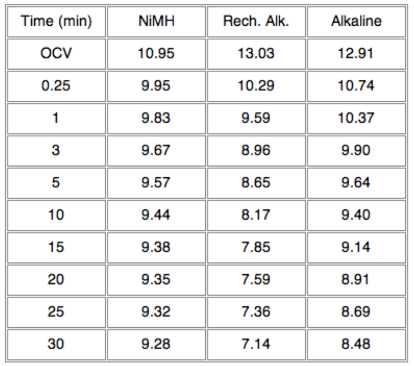Last updated: 4 February 2004
|
Last updated: 4 February 2004 |
Date: 2/4/04, 12:11 From: Don Sutherland (don_sutherland@yahoo.ca) Often, it is very cold where I am. The telescope and accessories need to sit outside for an hour or two to reach thermal equilibrium, so the batteries get just as cold as the rest of the telescope does. There are two options; install batteries in the telescope that work in the cold or use an external battery pack that is kept indoors until the observing session starts. You can keep a battery pack in the warmth of your pocket, with the cable extending out from under your jacket. However, the chance of accidentally yanking the plug out and losing your alignment is very good. Radio Shack has a 8 AA cell holder (270-387) that fits very nicely between the 884 tripod base and the tilt-plate. Strips of self-adhesive foam can be used to make a slot for the holder to sit in. Radio Shack has a plug that fits the ETX power jack (5.5 mm o.d. 2.5 mm i.d, 274-1573A), but the solder tabs on this plug are quite flimsy so it is better to use Radio Shack's "N" type Adaptaplug (273-1717) and insulate the connections with heat shrink tubing. This is a right-angled adapter and it is more resistant to damage and to being pulled out by accident, than the straight type of plug. Radio Shack also has a nice heavy duty 9-volt battery connector (270-324) which fits their battery holders. The connector can be popped open to allow the leads to be replaced with longer and thicker wires. I considered using NiMH, alkaline and rechargeable alkaline AA cells to run my ETX. I did not consider NiCad's because the capacity of a AA NiCad cell is less than half that of a NiMH AA cell. I tested three cell types for cold weather performance by putting them in my freezer at -1°F for 2 hours. The batteries were discharged into a 30 ohm resistor, which is equivalent to the current draw of an ETX with both axes slewing at maximum speed. The following table shows how the different cells performed.Note that OCV is the open circuit voltage of the battery at the beginning of the test. I was surprised how poorly the rechargeable alkaline cells performed. The cells had been run through about 10 charge-discharge cycles prior to the test, as were the NiMH cells. The clear winner was the NiMH cell. Even though it starts at a lower voltage than the alkaline cells, its internal resistance stays low and it delivers a much more constant voltage than the alkaline cells do. I used Eveready Rechargeable NiMH AA cells, which are available at Walmart in four-packs at a reasonable price. The manufacturer also claims they can be recharged 1000 times. In a pinch though, regular alkaline cells will do the job. I hope this helps. Don Sutherland 
Return to the top of this page.
Go back to the Tech Tips page.
Go back to the ETX Home Page.